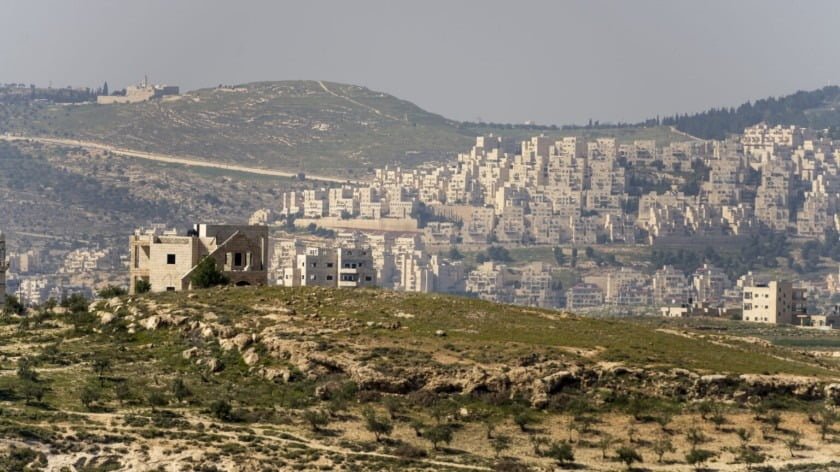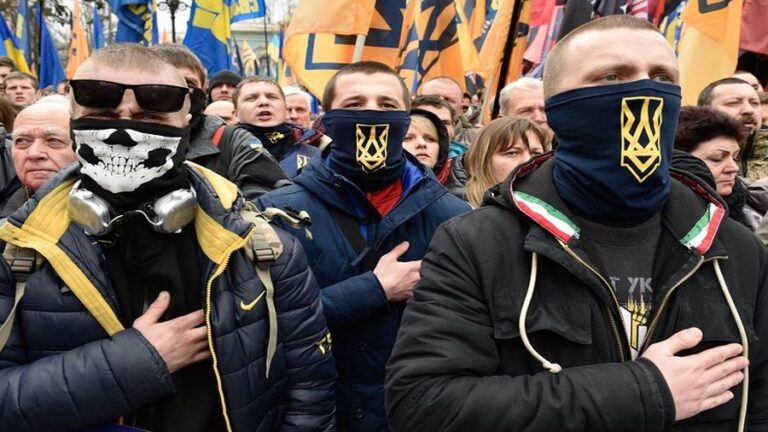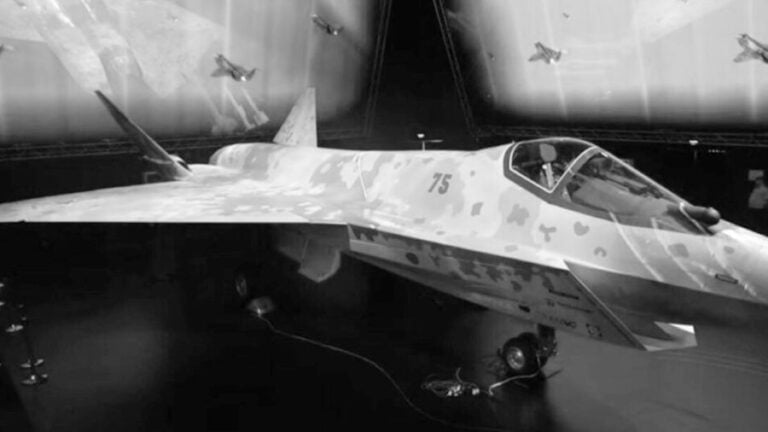Iran: Regime Change by Coronavirus?
The consequences of the COVID-19 outbreak in Iran will exacerbate the Islamic Republic’s ongoing economic crisis and bring it even closer to political collapse than ever before, the outcome of which is unwittingly being facilitated by the government’s mismanaged response to this disease as a result of the narrative corner that it’s backed itself into for “politically correct” reasons, which worryingly raises the question of whether or not regime change might be just around the corner if this dire situation isn’t soon brought under control.
***
Iran’s Unprecedented Isolation
Iran is unprecedentedly isolated after all of its neighbors temporarily closed their borders with the Islamic Republic as a result of its COVID-19 outbreak, which is exacerbating the country’s ongoing economic crisis and bringing it even closer to political collapse than ever before. It doesn’t inspire any confidence either that several officials have contracted the disease, including the Deputy Health Minister who earlier assured everyone that the virus was under control. One of its former ambassadors, who was also an influential cleric, even died from it too, and parliament is now suspended for the rest of the week out of an abundance of caution. The very fact that so many government representatives have caught the contagion gave rise to speculation that it’s really a bioweapon that was secretly unleashed against the Islamic Republic in order to carry out regime change there, though while that outcome is certainly possible, it’s less clear whether this would be the result of an “American-Zionist conspiracy” or simply due to the government’s mismanaged response to this disease.
The COVID-19 Crisis In The Islamic Republic
It’s unknown at this time how so many officials got infected, but it wouldn’t be inconceivable that they or those close to them (whether family members or co-workers for example) might have caught it from people who had previously been in the People’s Republic, be they Chinese, Iranian, or third-country nationals (such as businessmen or students). Qoms is, after all, a major pilgrimage site, so it could have been the case that infected Iranians went there to pray for their and their compatriots’ health but inadvertently spread the disease to everyone around them prior to showing any symptoms that would have otherwise convinced them to self-quarantine. However the outbreak ended up transpiring, there’s no question that it’s become extremely severe to the point where it’s one of the worst in the world right now, so much so that Russia became the first country to temporarily restrict the entry of all Iranians except for those with diplomatic, business, humanitarian, and transit visas just as it earlier did in regards to the Chinese. Furthermore, President Putin pledged aid to the Islamic Republic in order to help it contain this crisis, confirming without a doubt that the situation there is very serious.
Backed Into A Narrative Corner
Surprisingly, however, the Iranian government doesn’t officially regard this as a crisis, nor can it without risking a self-inflicted blow to its “political legitimacy”. The Ayatollah earlier blamed “negative propaganda” about the virus for the country’s lowest turnout since the 1979 Islamic Revolution during last month’s parliamentary elections, so acknowledging that there is indeed a problem would confirm that this “negative propaganda” was indeed correct all along. Even in the event that the argument is put forth that the situation didn’t become that dire until recently (thus negating the claim that the “negative propaganda” was accurate at the time), the question then arises of whether or not the government was scapegoating supposed fearmongering about the virus in order to cover up for voters boycotting the polls due to their disagreements with many “reformist” (“moderate”) candidates’ controversial disqualifications in the run-up to the election. Either way, Iran has backed itself into a narrative corner for “politically correct” reasons and is thus unable to adequately confront this contagion without harming its leadership’s interests.
The Political Calculations Behind The “Cover-Up”
Part of the reason why Iran has thus far downplayed the scope and scale of this growing health crisis is because it feared the outcome that’s already been imposed upon it, namely its neighbors shutting down all of their borders with it and therefore exacerbating the ongoing economic crisis. The Iranian economy has never been this weak as a result of the US’ unilateral sanctions and credible threats to impose “secondary” ones upon all those who refuse to comply with its demands, hence why India, hitherto one of Iran’s largest energy partners, dutifully complied with its new military-strategic ally and cut off the Islamic Republic from billions of dollars of much-needed revenue since last year. There might have also been unstated concerns among the ruling elite that doing anything that might be (mis)interpreted as “provoking panic” could worsen the economic crisis through “panic buying” that would leave its shelves bare, possibly generate protests, and overall portray the country as being on the brink of political collapse even more than it already is.
Has The Point Of No Return Been Passed?
Whatever its motivations might have been, it’s becoming increasingly clear that drastic action is needed in order for the country to survive these interconnected crises. The health crisis is worsening the economic one, which is in turn affecting the political crisis, especially since some officials have already contracted the disease, thus creating a circular crisis of sorts that dangerously appears to be self-sustaining. This is made all the more worrisome by the fact that the authorities have backed themselves into a narrative corner for “politically correct” reasons and are thus unable to adequately respond to the health component of this crisis. Nothing can be done for the foreseeable future about the economic dimension since it’s out of Iran’s hands, but improving the health metrics by more effectively containing the virus after finally taking it as seriously as it should have been to begin with might eventually help. As long as the health and economic crises continue to worsen, then it’s almost inevitable that another political one will erupt en masse as well, particularly if more officials fall victim to this virus, thus raising the risk of eventual regime change by coronavirus, not by any “conspiracy”.
By Andrew Korybko
Source: One World







